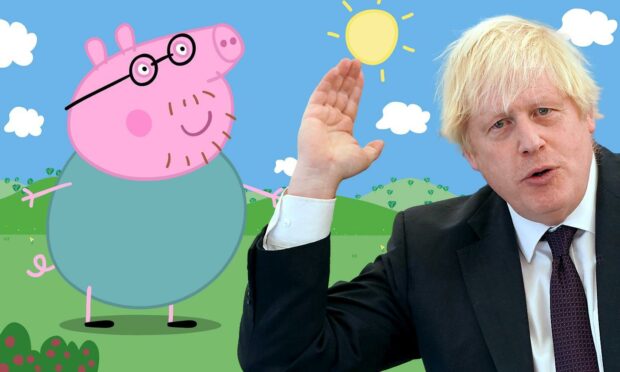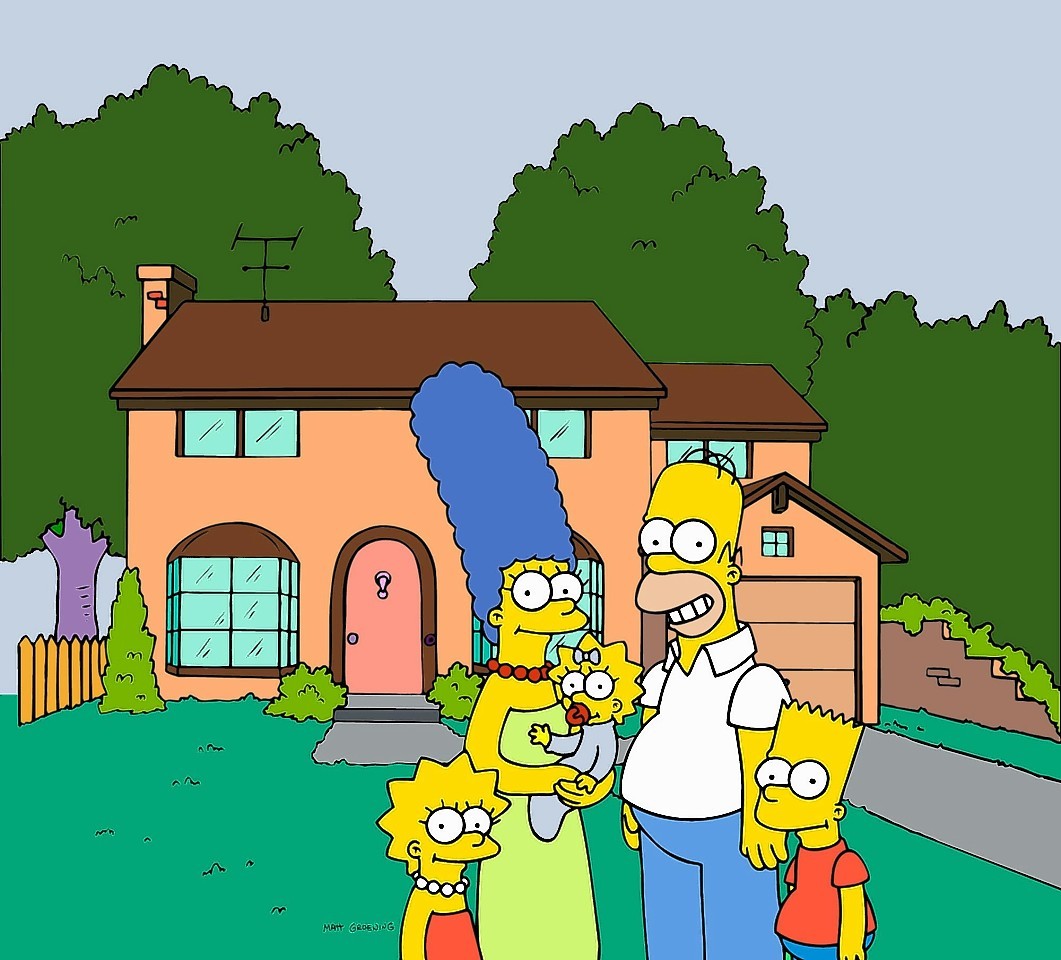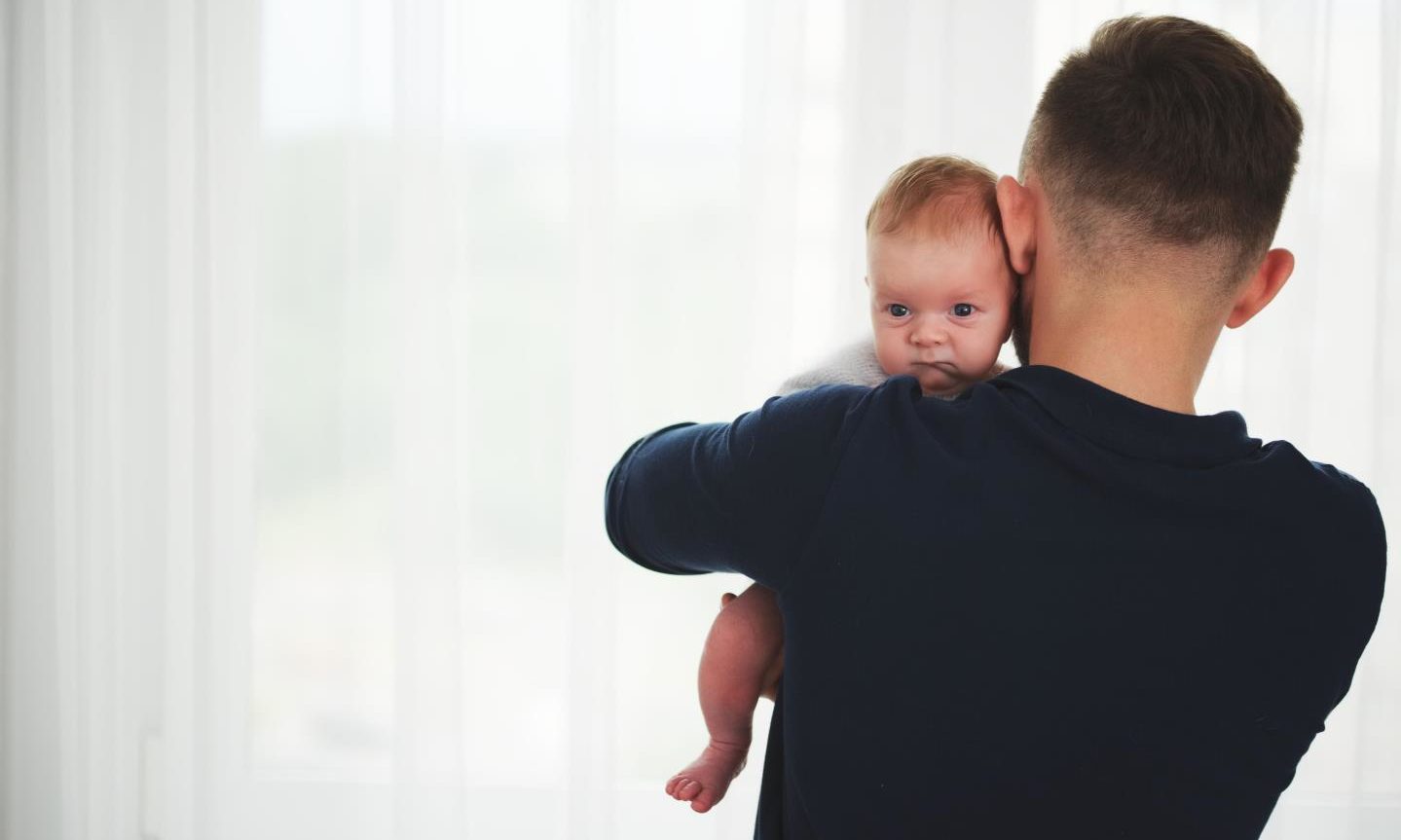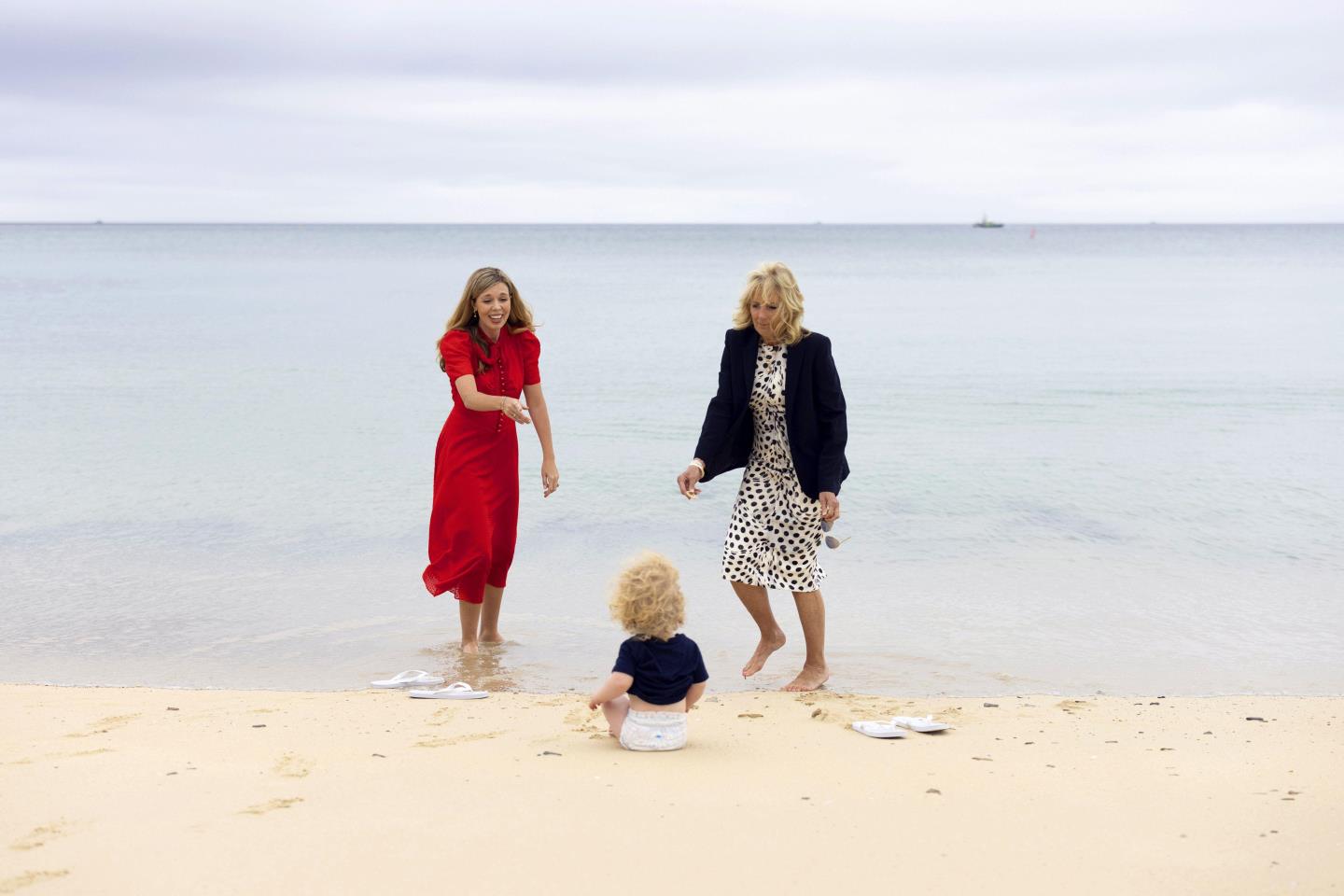It was, even by his own standards, a particularly rambly and odd speech that Boris Johnson delivered to the Confederation of British Industry (CBI) today.
But, as so often with this prime minister, it was the throwaway asides that were actually most telling.
He revealed he’d taken a trip to the Peppa Pig World theme park at the weekend. Presumably with his latest child, but I like to think of him going round George’s dinosaur ride solo. With a security detail riding the dino behind.
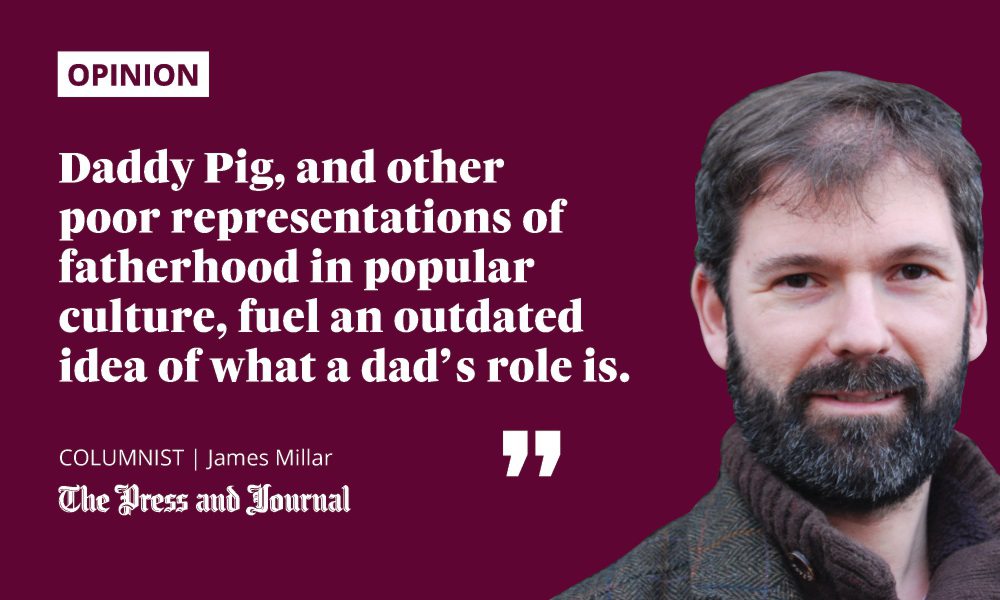
When he asked how many of the other attendees at the CBI conference, the annual beano of business leaders, had been to Peppa Pig World, just one hand went up.
And he mentioned, in passing, that he had concerns Daddy Pig is a bit of a stereotype.
It’s precisely because Daddy Pig is a stereotype, one that reflects and amplifies men’s limited role in family life, that so few business bigwigs get time with their family for valuable days out or are embarrassed to talk about it in front of their peers.
Death to Daddy Pig
I wanted to title my last book Death to Daddy Pig. My co-author was squeamish about the idea of turning a beloved cartoon character to sausages. Despite my argument that you can’t incite hatred against a two dimensional character, we settled on Dads Don’t Babysit instead.
"I loved it… Peppa Pig World is very much my kind of place"
Prime Minister Boris Johnson tells business leaders he learnt a lot from going to Peppa Pig World. pic.twitter.com/jP0L7Ar5KD
— LBC (@LBC) November 22, 2021
Daddy Pig, and other poor representations of fatherhood in popular culture, fuel an outdated idea of what a dad’s role is.
Daddy Pig is involved with his offspring, Peppa and George. But he’s invariably a figure of fun – a buffoon who can’t work the washing machine, the butt of jokes when he tries to get fit, or a know-it-all whose bluster is found out. (You can see why the PM might pay special attention to such a character).
Daddy Pig goes out to work at the office. Mummy Pig invariably has to step in to smooth his parenting fails.
Of course, Daddy Pig is not alone in perpetuating damaging dad stereotypes. Perhaps the most famous father on the planet is Homer Simpson, and he’s a horrific role model.
You could argue that TV is catching up. In recent years, two hit series have featured stay-at-home dads – but Motherland’s Kevin character is a pitiable drip, and Broadchurch’s Joe Miller was a serial killer. The message from those shows is loud and clear: men who do childcare are weird, laughable and possibly dangerous.
Nothing could be further from the truth. Men want to do more childcare. The pandemic experience saw many men swap commuting time for family time and switched millions of dads on to the joys of family life and the potential for different ways of working.
And that is to be encouraged. For, when dads get involved in family life, magic happens.
Both pop culture and policy need to change
Children of fully engaged fathers grow up smarter, happier, less likely to get in trouble with the authorities. Men who throw themselves into the role of dad enjoy a better relationship with their partner and their peers, better mental health, and they live longer.
When men are given the time and space to be dads, they are invariably good at it, enjoy it and want to do more
Women who share parenting more equally with their partners can also benefit from better mental health and, if the dads do their fair share of care in the first year of a baby’s life, the woman will not be hit by the pay penalty that comes from taking a year of maternity leave out of the workforce.
And there’s a broader dividend. Equal parenting could benefit the economy to the tune of half a trillion quid. That’s building back better.
Given the benefits and all the polling that shows men want to do more parenting and are willing to swap more pay for a better work life balance the question is: why are we still so far from equal parenting?
Partly, it’s down to the culture that shows dads in TV shows, films, adverts as bumbling and semi-detached. That same culture heaps expectations on women to be the perfect mother. Partly, it’s down to policy.
While women are entitled to six weeks of maternity leave paid at 90% of their full salary, men get two weeks with their newborn. So, they are playing catch up from the off.
Everyone gains from equal parenting
Solutions are available. Boost paternity leave entitlement and fund shared parental leave properly. When men are given the time and space to be dads, they are invariably good at it, enjoy it and want to do more.
Flexible working should be encouraged. In the same speech, the prime minister dissed Daddy Pig and urged folk back to the office. His inability to join the dots is disappointing.
And Ofcom ought to follow the example of the Advertising Standards Agency in clamping down on outdated gender stereotypes, particularly on kid’s telly.
Finally, men need to step up. The very minimum ought to be taking their two weeks of statutory paternity leave – something Boris Johnson failed to do because he was “too busy”.
It’s gratifying that the prime minister has clocked that Daddy Pig is a stereotype. Now he needs to follow the intellectual trail that revelation begins – the damage that stereotype does, the benefits of upending it, the actions he can take.
Everyone gains from equal parenting – men, women, children, society, the economy. If this government is serious about building back better, then a better deal for dads would be top of their agenda.
James Millar is a political commentator and author and a former Westminster correspondent for The Sunday Post
